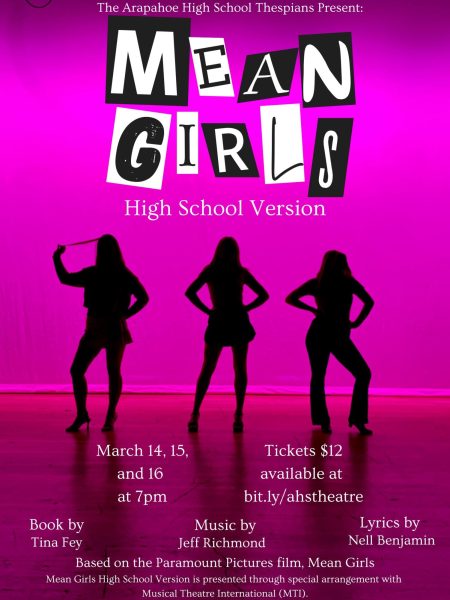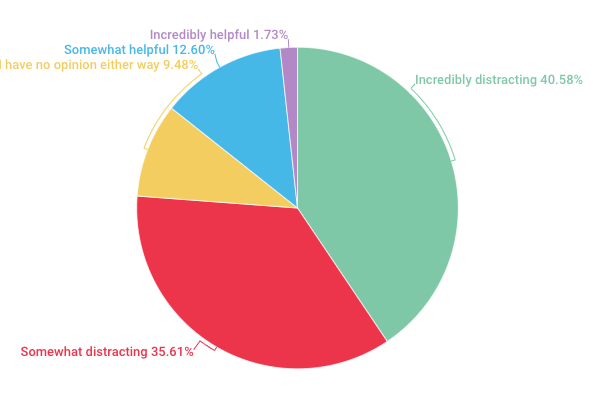A Student’s Remedy to the Problems of Washington: Create the House of Randoms
October 31, 2014
We usually equate democracy with voting, but I believe the best form of democracy uses the bingo cage, not just the ballot box. The United States Congress has reached historical lows because it is so unproductive. Its approval rating is a mere 8 percent according to some polls. Currently, a bill must pass both the Senate and House of Representatives to become law, something which rarely seems to happen. Our Founding Fathers wanted to make it difficult to pass laws, but not this difficult.
Just as “aristocracy” is rule by the upper class and “democracy” is rule by the people, “lottocracy” is rule by randomly selected citizens. Lottocracy first sounds like a bizarre idea; after all, who would want to put power in the hands of a random citizen? But if you have enough random citizens, 500 for instance, their views will be a good representation of the views of the whole population. We all know that if you toss a coin 500 times, the number of heads won’t be far from 250.
It’s time to give Congress a makeover by adding in an element of lottocracy. We should create a third house of Congress, the House of Randoms, in addition to the already existing Senate and House of Representatives, whose members are elected. The House of Randoms would consist of 500 randomly selected registered voters in the U.S. Each member would serve for only one year, and participation would be voluntary. No one could serve more than one term in a lifetime.
In the system I propose, any bill would have to pass two out of the three houses to become law. It must pass either the Senate and House of Representatives, or the Senate and House of Randoms, or the House of Representatives and the House of Randoms. The third house could pass or reject the bill if it chooses, but this would just be a symbolic gesture. If the president vetoes the bill, it could be re-passed by a simple majority in all three houses or a 2/3 majority in two of the houses.
This system has many advantages over the current system. Most obviously, the Randoms would be much more in touch with the American public. They would proportionally represent all adult age groups, all professions, all economic classes, and most importantly, all viewpoints on every political issue. They would be unaffected by money in politics, since there would be no elections or political ads. Rather than having elected officials straining to think, “What do the people want?”, we should have lawmakers who think, “What do I want?” When everyone’s wishes cancel each other out, only the good ideas would be passed by a majority.
Scientists who are studying a medical phenomenon select their subjects randomly. We don’t try to elect people with medical conditions that are representative of ours, and send those people to be subjects of the scientific study. The scientists simply pick people at random and ask them if they want to join the study. So if we are aiming for a government that is representative of the people’s wishes, why do we elect our leaders? Why not select citizens at random?
The most likely argument against this idea is that the average American does not have the expertise to run the country. But this is why we should still require the bill to pass one of the other two elected houses, we should still allow the president to veto, and we should still allow judicial review of a law’s constitutionality. More experienced politicians or experts could speak on both sides of an issue in front the House of Randoms, making them better informed. This model already works well in courtrooms. We trust juries to sit through weeks-long trials and interpret complex evidence before making a decision about a person’s fate. If randomly selected citizens can do that satisfactorily, then surely they are competent to vote on bills.
Now, how will this make Congress more productive? Currently, if the House of Representatives supports a bill but the Senate opposes it (or vice versa), the bill has no chance of passing. In my system, the Randoms could decide to pass or not pass the bill, giving it a fair chance.
According to some polls, over 90% of Americans support universal background checks for gun purchases and 71% support raising the minimum wage, both of which are controversial Democratic ideas. 65% of Americans support requiring the federal government to balance its budget and a majority support banning abortion after 20 weeks of pregnancy, both of which are controversial Republican ideas. A House of Randoms is likely to pass all of these ideas, creating more wins for both parties.
Adding a third house to Congress would require amending the U.S. Constitution, which is difficult but not impossible. There have been 27 constitutional amendments so far. Will the Lottocracy Amendment be the 28th?













Jairam Khambadkone • Nov 1, 2014 at 6:45 pm
Extraordinary brilliant thinking Sinat Mehta. Really proud of you for initiating this great idea at such a young age.
Congratulations to you. With best wishes and I am sure you will succeed.